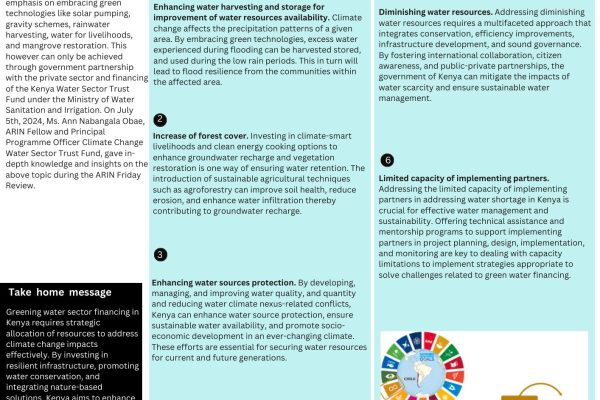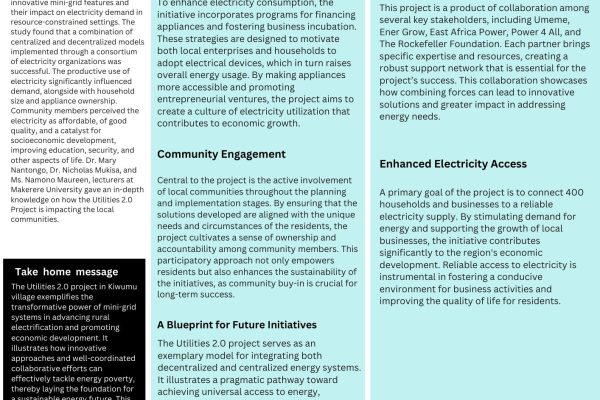Introduction
Climate change policy is heavily influenced by civil society organizations. The majority of the research has concentrated on how they participate in conferences for international climate change agreements, such as UNFCCC conferences. A few studies have examined how industrialized nations and civil society organizations affect the adoption of policies, but the majority of research has been conducted in nations that are not the primary drivers of climate change.
Key messages
The groups that make up civil society include youth organizations, faith-based organizations, international, national, and non-governmental organizations. The missions of these groups, recognition by other players and financial opportunities, as well as their contributions to a society that is equal, free, and just, serve as their primary sources of inspiration.
The Najam Framework is used to analyze how citizen organizations affect both the process and content of public policy. It describes the political roles of CSOs. The connections between each of these functions and procedures are many, frequently seen as advocacy-related activities. Both advocacy and innovation can be used to define the provision of services through capacity building.
Government officials and CSOs interact frequently. When it comes to collaborating, especially when it comes to policy advocacy and capacity building, CSOs and governments occasionally approach one another and work closely together.
International agreements give CSOs legitimacy; it is difficult to imagine what they would be like without them. This is due to the fact that international accords affect how governments and CSOs do their daily business. International accords have an impact on national policies and help groups that work in particular fields, such youth, gender, and inclusion of all people in these policies, gain legitimacy.
All four of Najam’s roles that CSOs play involve a lot of activity. These include monitoring conducted by the organization and by the government. Additionally, they engage in lobbying, encourage innovation, and offer assistance to governments and communities through capacity building. The government and CSOs put a lot of effort into advocating for the communities to learn more about climate change, its effects, and how to adapt to them.
For both government actors and CSOs, obtaining funding is quite challenging. The dependence of CSOs on donors and international organizations is great. The money is used to improve capacity and implement policies as well as to develop new ones.
Recommendation
The CSOs place a high value on community involvement. The voices of those most impacted by climate change and policy are represented in their work. Because of this, collaboration between the government and CSOs is essential, as are purpose and goal alignment.




